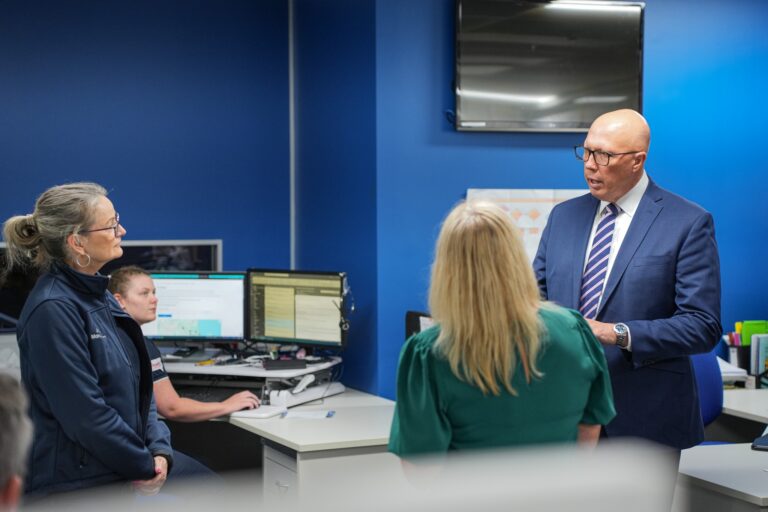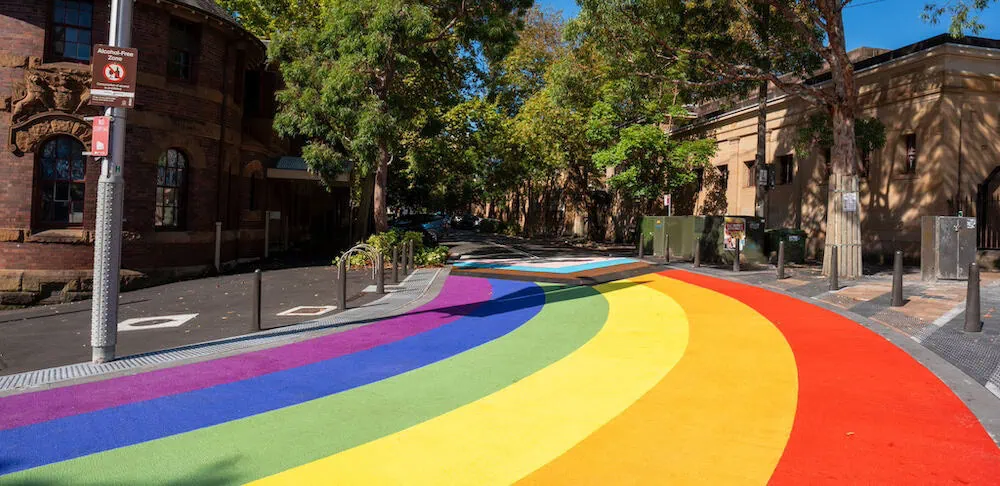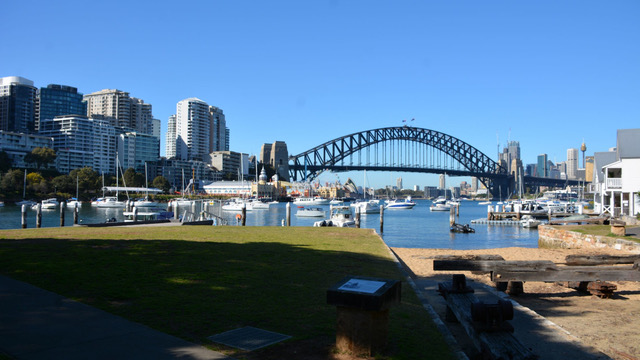
Sydney contributes to climate change report
BY MICK ROBERTS
Sydney’s emission reduction targets puts it in good stead to respond to the findings of Professor Ross Garnaut’s long awaited Climate Change Review draft report.
The much-talked-about report looks into the science on climate change, examines the impacts on the economy and the environment, and outlines a model for a National Emissions Trading Scheme.
The report highlights the need to include as many sectors as possible in the Scheme and to invest revenue from the sale of permits in new technologies to achieve a zero carbon energy sector in Australia by 2050.
NSW Climate Change and Environment Minister Verity Firth led a delegation of Cabinet Ministers and NSW senior officials in a briefing with Professor Ross Garnaut in Sydney earlier this month.
‘NSW has significant expertise to offer in the design of the emissions trading scheme, having been an early leader in tackling climate change,’ Ms Firth said.
‘We established the world’s first mandatory greenhouse emissions trading scheme, which has provided a valuable demonstration as to how a market based system can work in Australia,’ she said.
Professor Garnaut’s report tells what scientists have constantly warned ‘ the world is warming, causing more droughts, water shortages and extreme weather.
The Report states that Australia’s interest in strong global action stems from its ‘exceptional sensitivity to climate change’, and its ‘exceptional opportunity to do well in a world of effective global mitigation’.
‘We have many resources and skills that will allow us to convert strong global action into an economic opportunity,’ Professor Garnaut said.
‘We have a first-rate skills base in areas related to innovation, management and financial services. We have rich renewable energy resources. We are among the world’s largest exporters of uranium and natural gas which can benefit from the low-emissions’ efforts of other nations. And our agricultural sector emits less than other developed countries.
‘By contrast, Australia would be a big loser ‘ possibly the biggest loser among developed nations ‘ from unmitigated climate change.
‘Australia is more vulnerable to climate change than most other developed nations as we are highly sensitive to climate variation, and we are surrounded by mostly developing nations, which are likely to be adversely affected by rising temperatures,’ he said.
During the Sydney meeting, Minister Firth and Professor Garnaut discussed the role NSW will play in the work ahead on climate change.
The meeting discussed the responsibility of the States now that the Federal Government has committed to the introduction of a national scheme.
‘We have always said an emissions trading scheme should be the central plank of Australia’s climate change strategy,’ Minister Firth said. ‘However, there are complementary measures that can also play a critical role, particularly improvements in energy efficiency.
‘Greater energy efficiency will be vital, especially during the transition period leading up to the start of the national emission trading scheme.
‘As well as reducing costs for families and businesses, energy efficiency will help delay the need for more energy infrastructure and, most importantly, reduce greenhouse gas emissions.’
Sydney Lord Mayor Clover Moore has also backed the report and called on the State Government to defer its plans to privatise the NSW energy industry and instead put in place a Sustainable Energy Strategy that responds to the challenge of global warming and transitions NSW to renewable and low emission energy sources.
Mayor Moore said the City Council is now carbon neutral, through reduced energy use and GreenPower offsets.
She said energy savings will reduce greenhouse gas emissions by an estimated 1.75 megatonnes per year and Council is pursuing a five-year carbon strategy to further review current systems and develop targets for energy avoidance, energy efficiency and offsets.
Technologies, such as the Green Transformers, which form part of Council’s Sustainable Sydney 2030 vision, will play an important role.
‘We are also working with 39 other Councils to seek a better deal from the State Government on street lighting, not only in terms of price but also to achieve quality, environmentally appropriate street lighting,’ Ms Moore said.
Street lighting is Council’s biggest energy impact.
Ms Moore, also the State Member for Sydney, has raised the issue in Parliament and written to the Premier Morris Iemma asking that the State Government lobby the Prime Minister Kevin Rudd to fully include the energy sector in a National Emissions Trading Scheme.
The Review was commissioned by Federal, State and Territory Governments to examine the impacts and opportunities of climate change. It will put forward a national framework for action, with recommendations for medium to long-term policy options to minimise the environmental and economic impacts of climate change.










